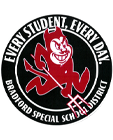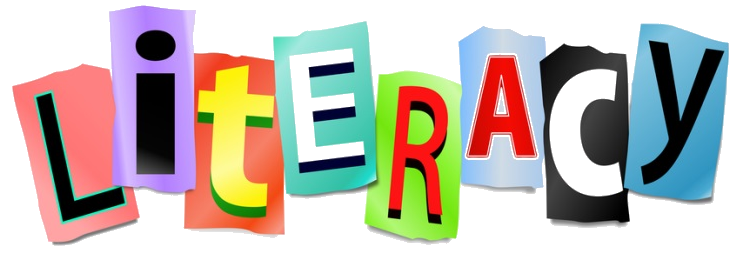- Home
- School Information
-
Policies & Guidelines
- Anti-Bullying Rules
- Foundational Literacy Skills Plan
- Nondiscrimination Policy
- Parents Right-To-Know
- Student Handbook
- Title One and Student Engagement Meeting
- Parent Guide to Being TN Ready
- COVID-19 Information
- ESSER 3.0 Public Plan for Remaining Funds
- Safe Return to In-person Instruction and Continuity of Services Plan
- TISA
- Principal's Corner
- Parent Portal
- R.E.A.C.H.
- Contact
- Schools
- District


